Baltic blend: Soyuz's ‘made in Russia’ coffee promises life beyond instant
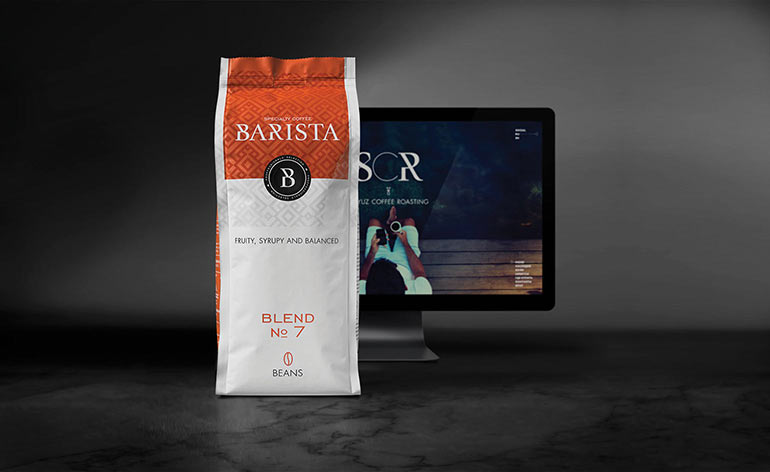
In 2011, Soyuz Coffee Roasting created its first batch of specialty coffee in Kaliningrad, the oft-forgotten Russian enclave sandwiched between Poland and Lithuania. From this Baltic perch they set out to wean Russia’s cosmopolitan class from tea and instant coffee, the latter accounting for 75 per cent of all Russian coffee consumption.
Fast forward five years and Soyuz is now Russia’s leading specialty coffee producer. With its two main brands, Barista and Paretto, the roaster is on a mission to introduce a new generation of open-minded Russians to fresh-roasted coffee at home. To help them do so, they turned to Skybox, an Amsterdam-based design agency with a predilection for simple forms and icons. Soyuz gave the small agency carte blanch to introduce a strong Western aesthetic to its packaging and web presence, as well as everything from notebooks to company uniforms.
'Basically, our brief was to debunk every Russian packaging cliché in the book,' says Daniel Spaan of Skybox. 'Soyuz wanted the type of stylish typography and simple, playful symbols a Western coffee brand would use.'
While micro-roasters are proliferating in urban centres like Moscow, St Petersburg, Yekaterinburg and Novosibirsk, none of these niche roasters can offer specialty coffee on scale. With two large-batch roasters in Kaliningrad and a network of major retailers across Russia, Soyuz is investing heavily in growing the country’s specialty coffee market.
'Well-travelled Muscovites and Petersburgians see like-minded people in London and Stockholm drinking great coffee at home and they want that too,' says Soyuz’s managing director Drago Lakic. 'We offer the same quality and brand promise as, say, a Scandinavian roaster, but just at a much more accessible Russian price. The packaging plays an important role in this. We want them to think we are foreign. We want them to think this price is too good to be true.'
Next year the roaster plans to open up a flagship store in its hometown of St Petersburg. The focus will be on coffee, coffee products and master classes for consumers and professionals.
As for the enormous market for instant coffee, Lakic says we shouldn’t worry too much about it. 'Forty years ago Western Europeans and Americans were drinking instant coffee as well. Russia is following the exact same route. Soon they’ll discover there’s more to life than instant coffee.'
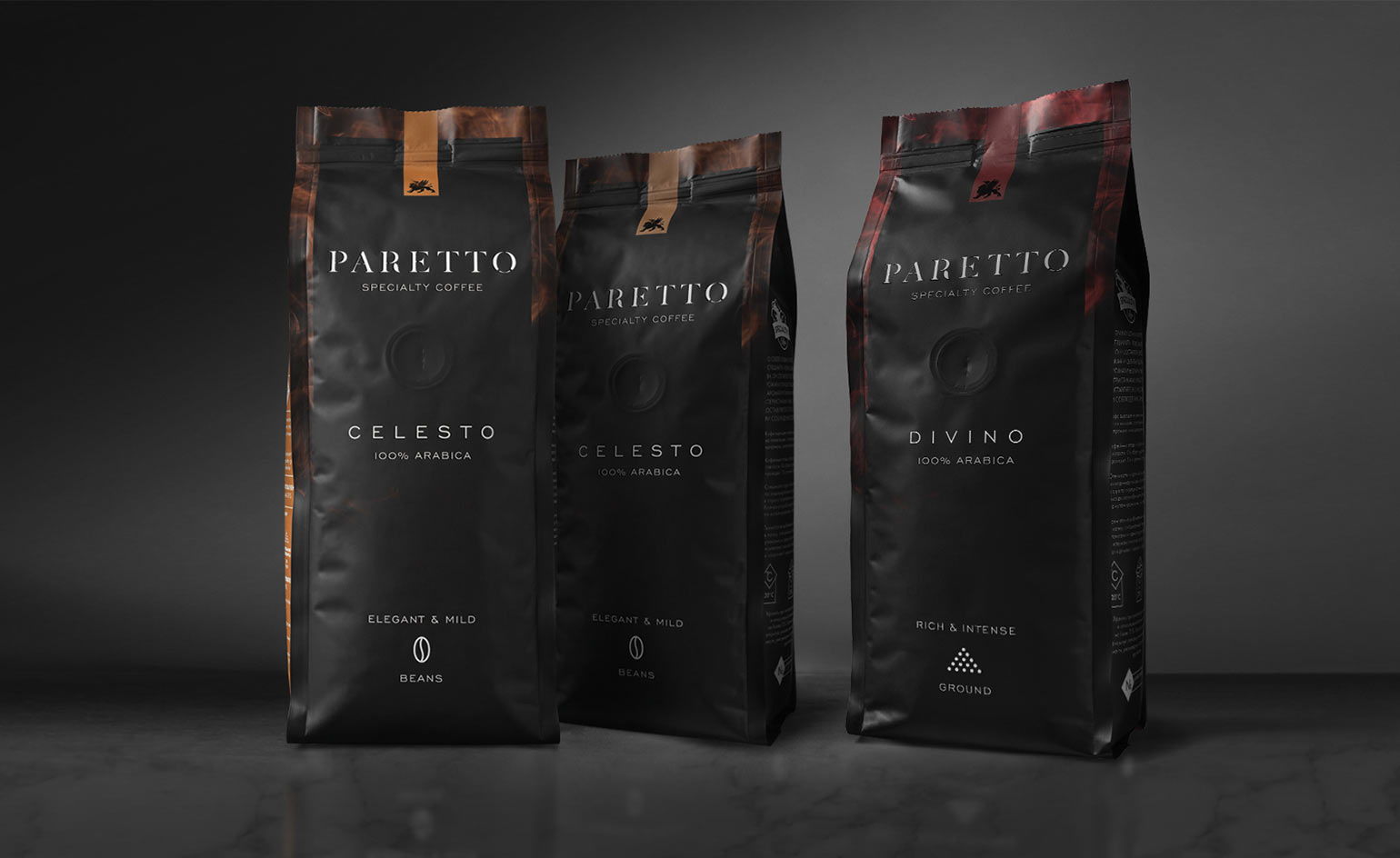
With its two main brands, Barista and Paretto, the roaster is on a mission to introduce a new generation of open-minded Russians to fresh-roasted coffee at home
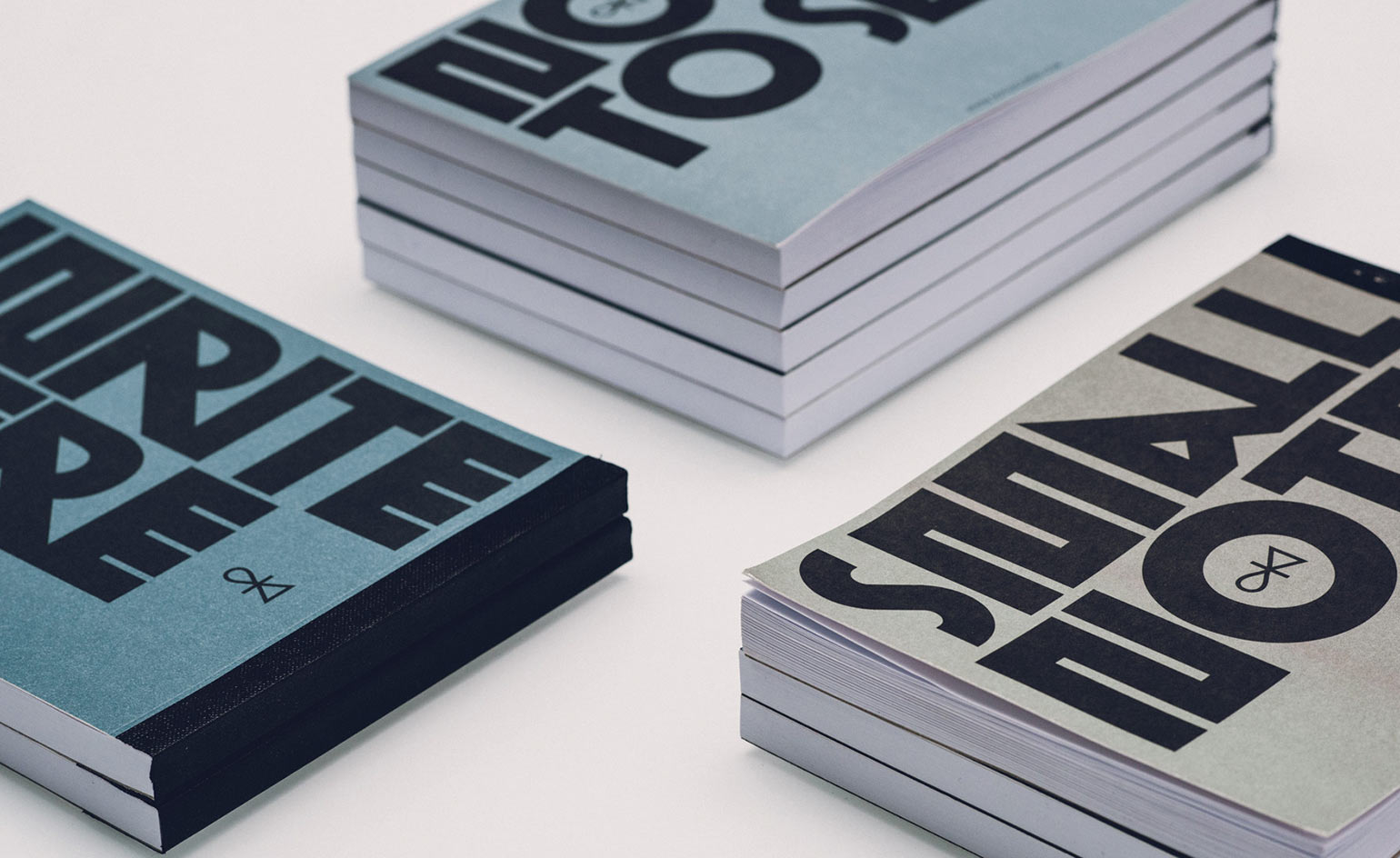
Skybox has a predilection for simple forms and icons. Soyuz gave the small agency carte blanch to introduce a strong Western aesthetic to its packaging and web presence, as well as everything from notebooks to company uniforms
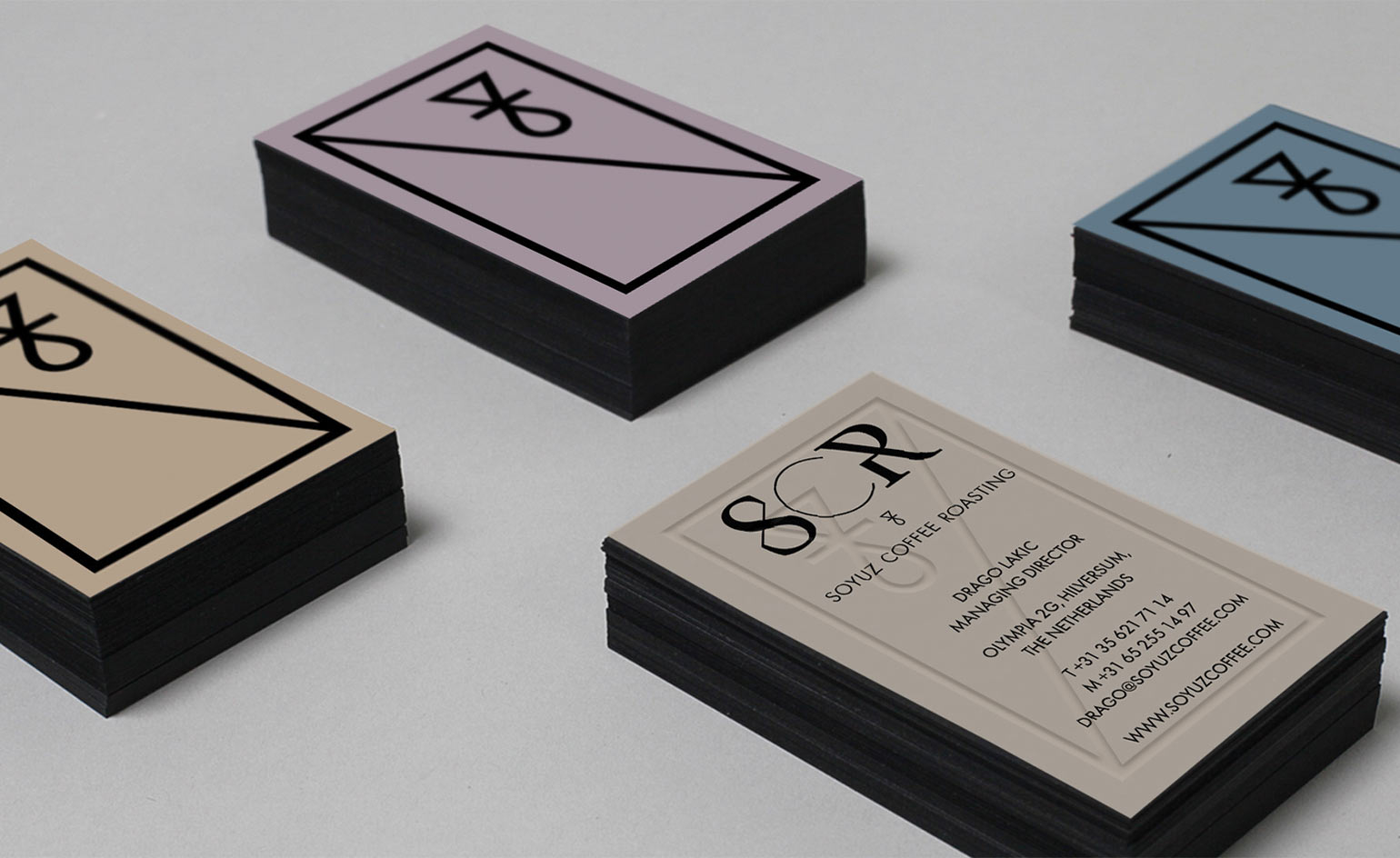
'Basically, our brief was to debunk every Russian packaging cliché in the books,' says Daniel Spaan of Skybox. 'Soyuz wanted the type of stylish typography and simple, playful symbols a Western coffee brand would use'
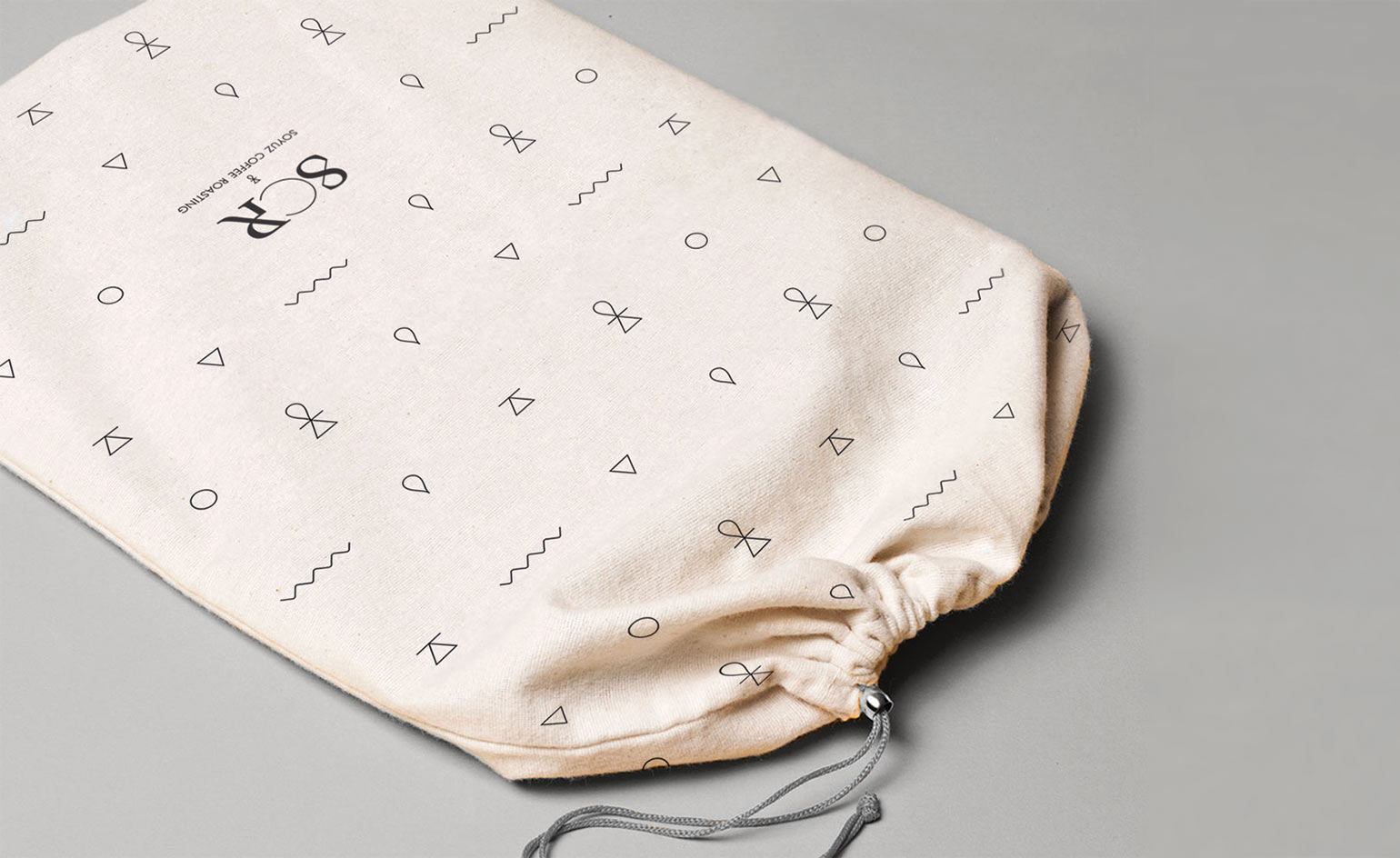
With two large-batch roasters in Kaliningrad and a network of major retailers across Russia, Soyuz is investing heavily in growing the the country’s specialty coffee market
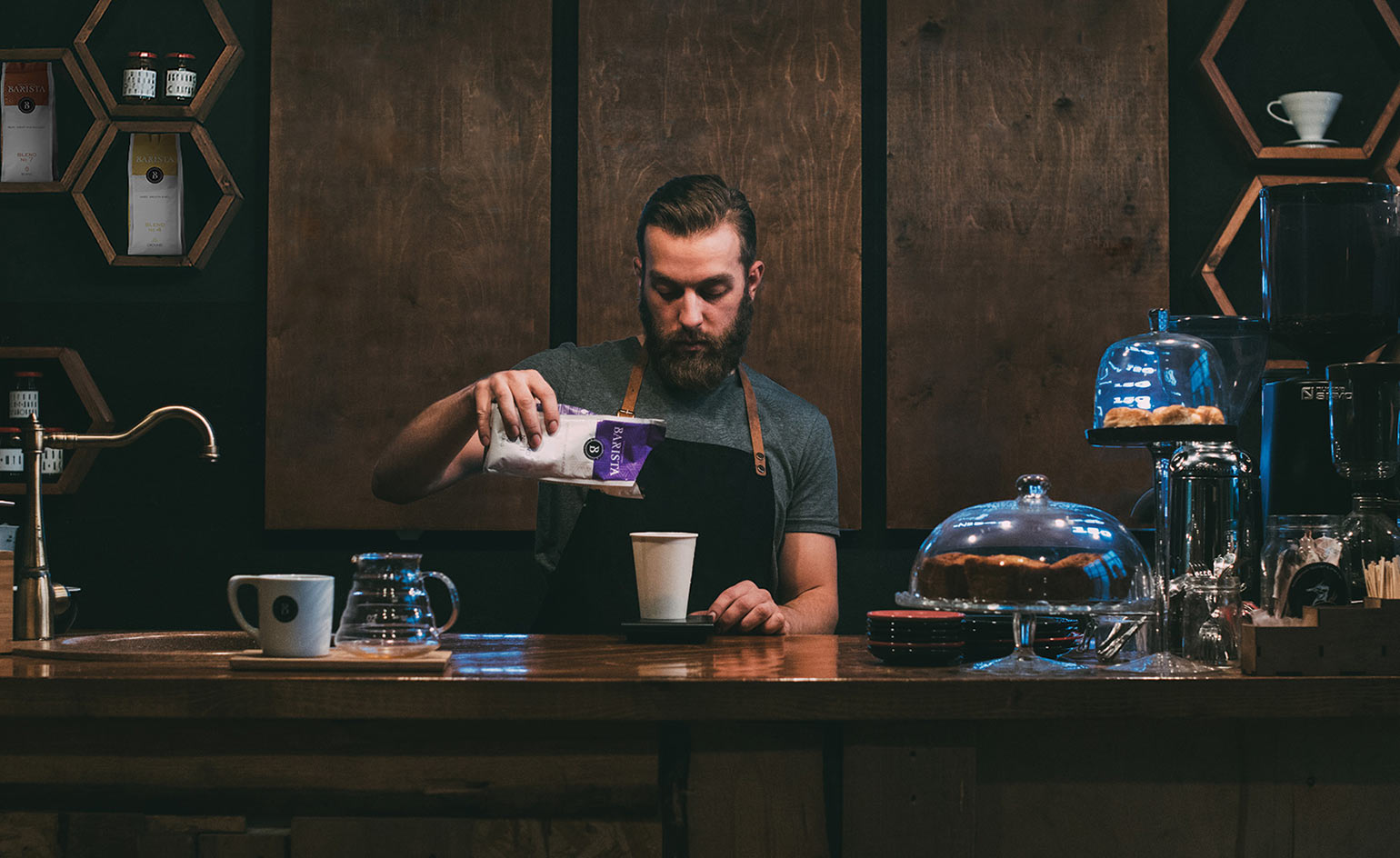
Soyuz’s managing director Drago Lakic explains, 'Well-travelled Muscovites and Petersburgians see like-minded people in London and Stockholm drinking great coffee at home and they want that too'
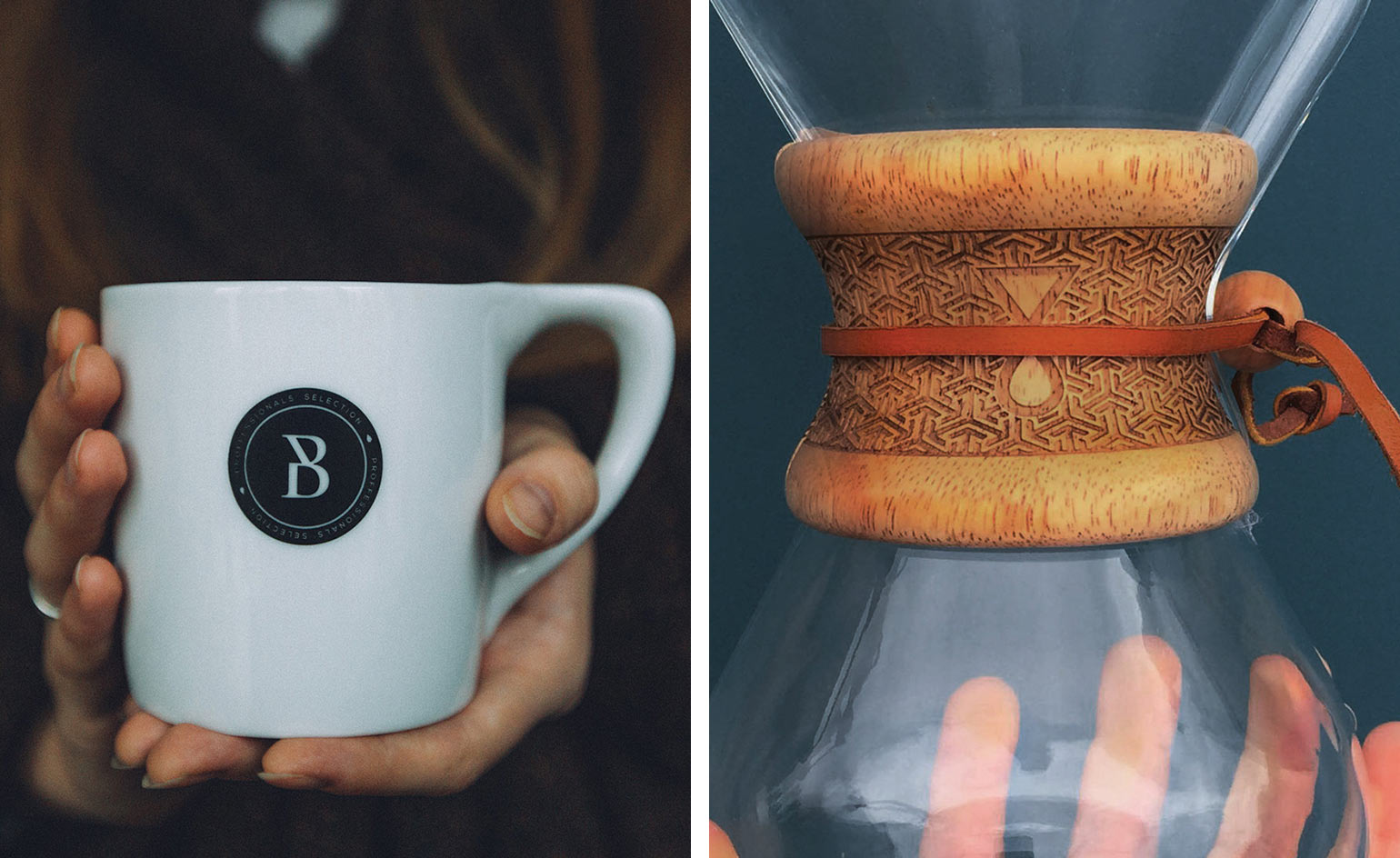
Next year, the roaster plans to open up a flagship store in its hometown of St Petersburg
INFORMATION
For more information, visit the Soyuz Coffee Roasting website
Photography courtesy Soyuz
Wallpaper* Newsletter
Receive our daily digest of inspiration, escapism and design stories from around the world direct to your inbox.
John Weich is a former travel editor of Wallpaper* magazine and has been contributing to the magazine since 1999. He is the author of several books, including Storytelling on Steroids, The 8:32 to Amsterdam and Ballyhooman, and currently writes, podcasts and creative directs from his homebase in The Netherlands.
-
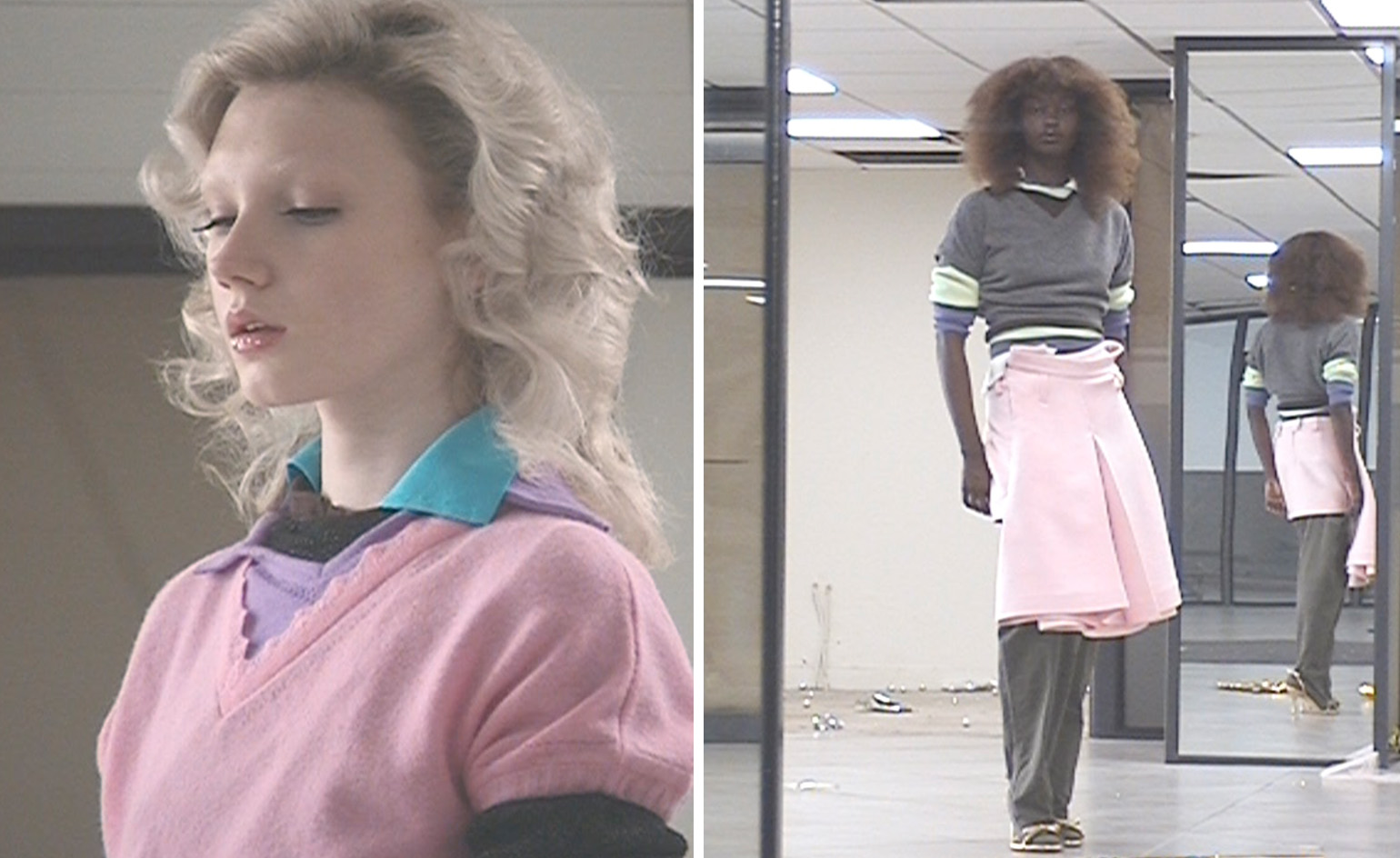 All-In is the Paris-based label making full-force fashion for main character dressing
All-In is the Paris-based label making full-force fashion for main character dressingPart of our monthly Uprising series, Wallpaper* meets Benjamin Barron and Bror August Vestbø of All-In, the LVMH Prize-nominated label which bases its collections on a riotous cast of characters – real and imagined
By Orla Brennan
-
 Maserati joins forces with Giorgetti for a turbo-charged relationship
Maserati joins forces with Giorgetti for a turbo-charged relationshipAnnouncing their marriage during Milan Design Week, the brands unveiled a collection, a car and a long term commitment
By Hugo Macdonald
-
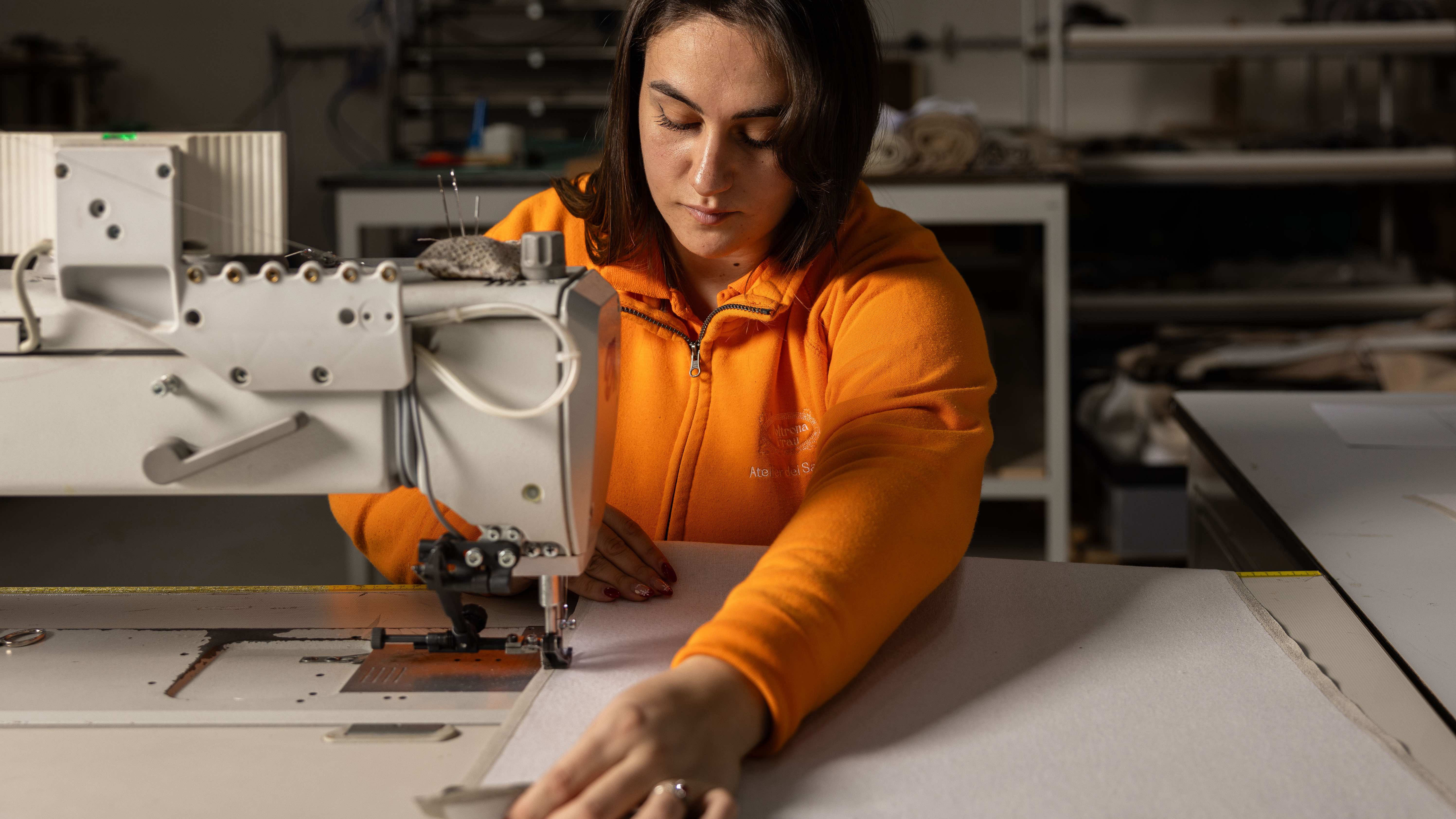 Through an innovative new training program, Poltrona Frau aims to safeguard Italian craft
Through an innovative new training program, Poltrona Frau aims to safeguard Italian craftThe heritage furniture manufacturer is training a new generation of leather artisans
By Cristina Kiran Piotti
-
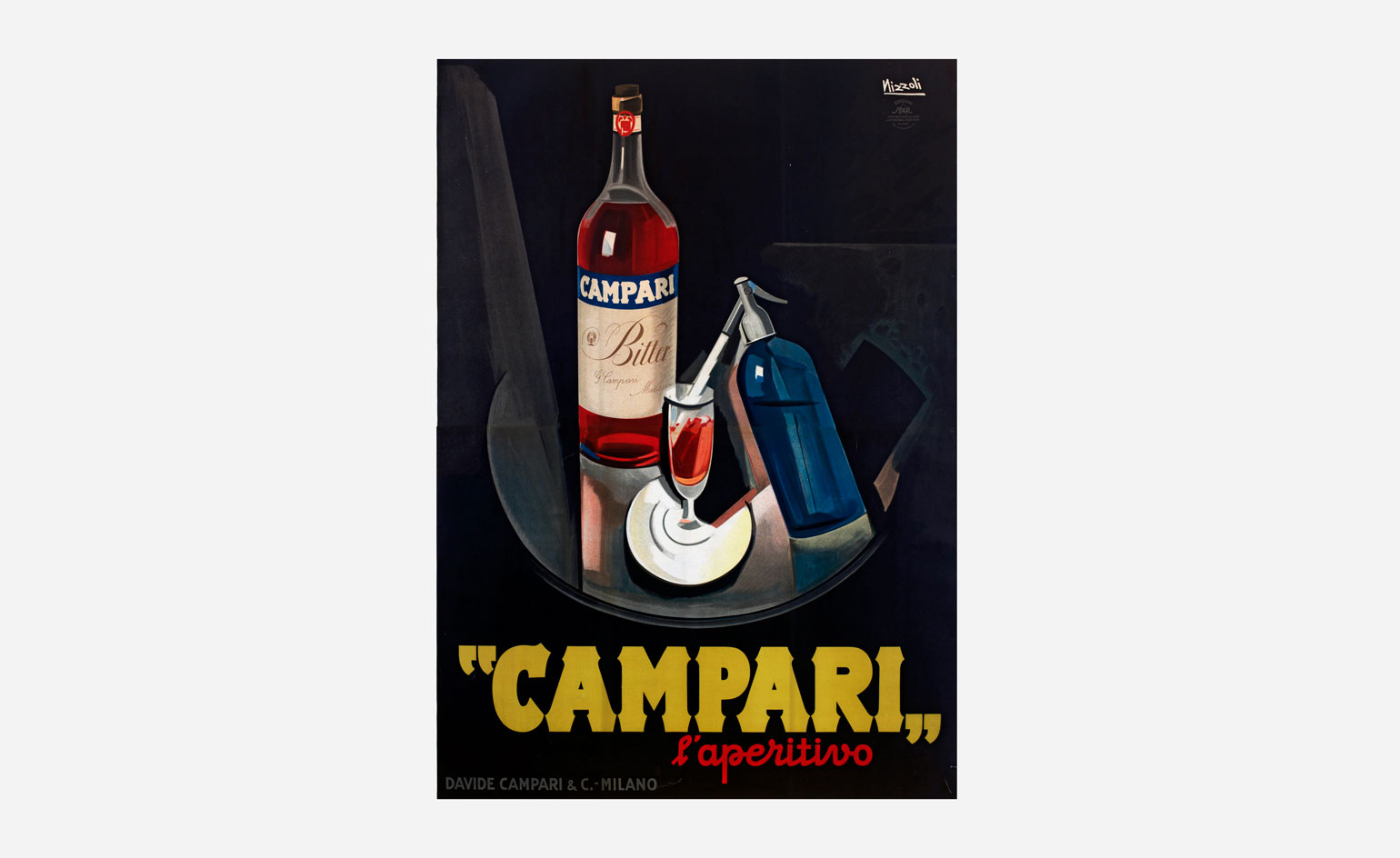 London remembers the hazy days of 1960s alcohol advertising with Campari
London remembers the hazy days of 1960s alcohol advertising with CampariBy Elly Parsons
-
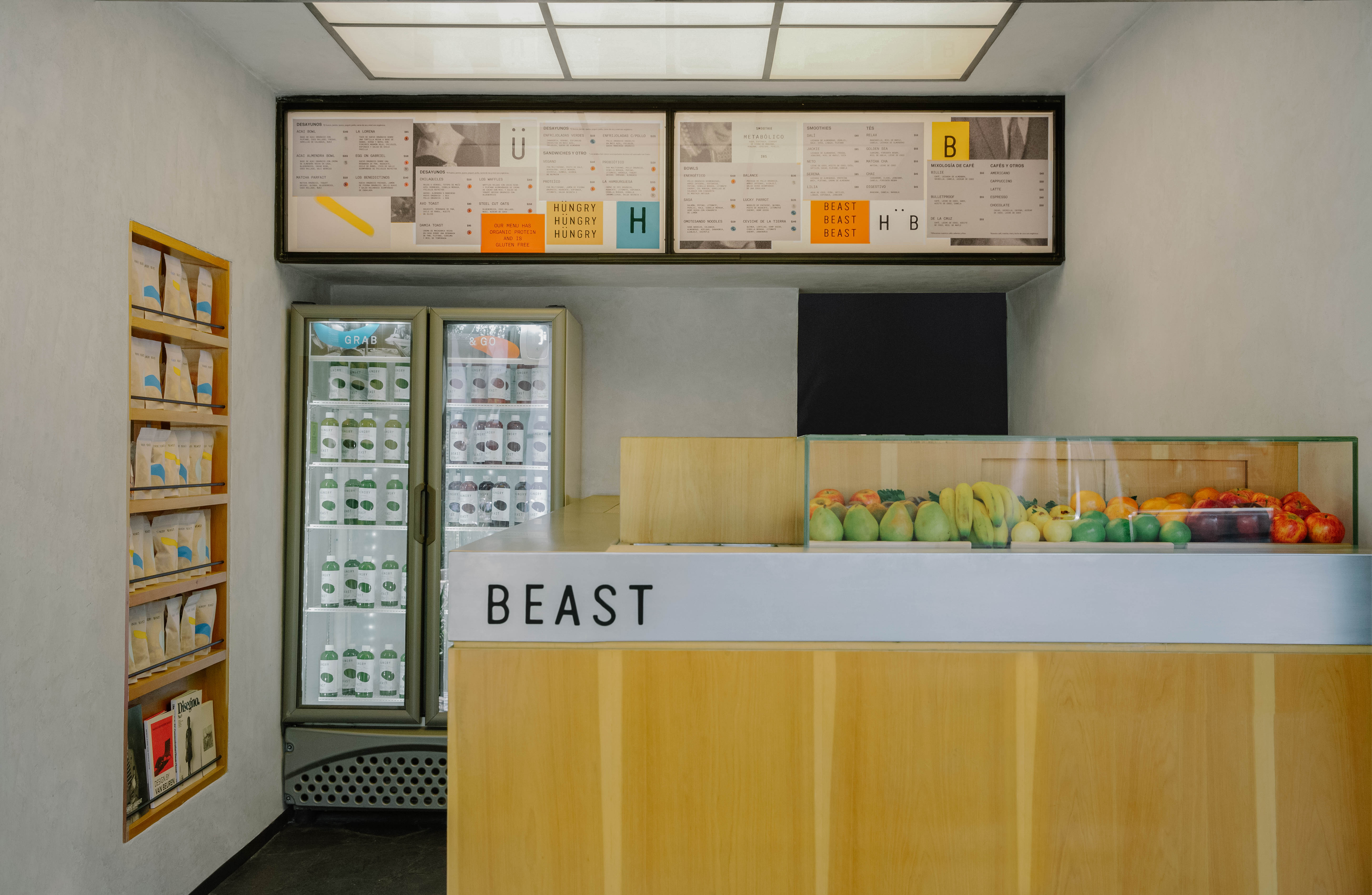 A new Baldessari-inspired Mexico City restaurant tackles the ‘clean eating’ fad
A new Baldessari-inspired Mexico City restaurant tackles the ‘clean eating’ fadBy Elly Parsons
-
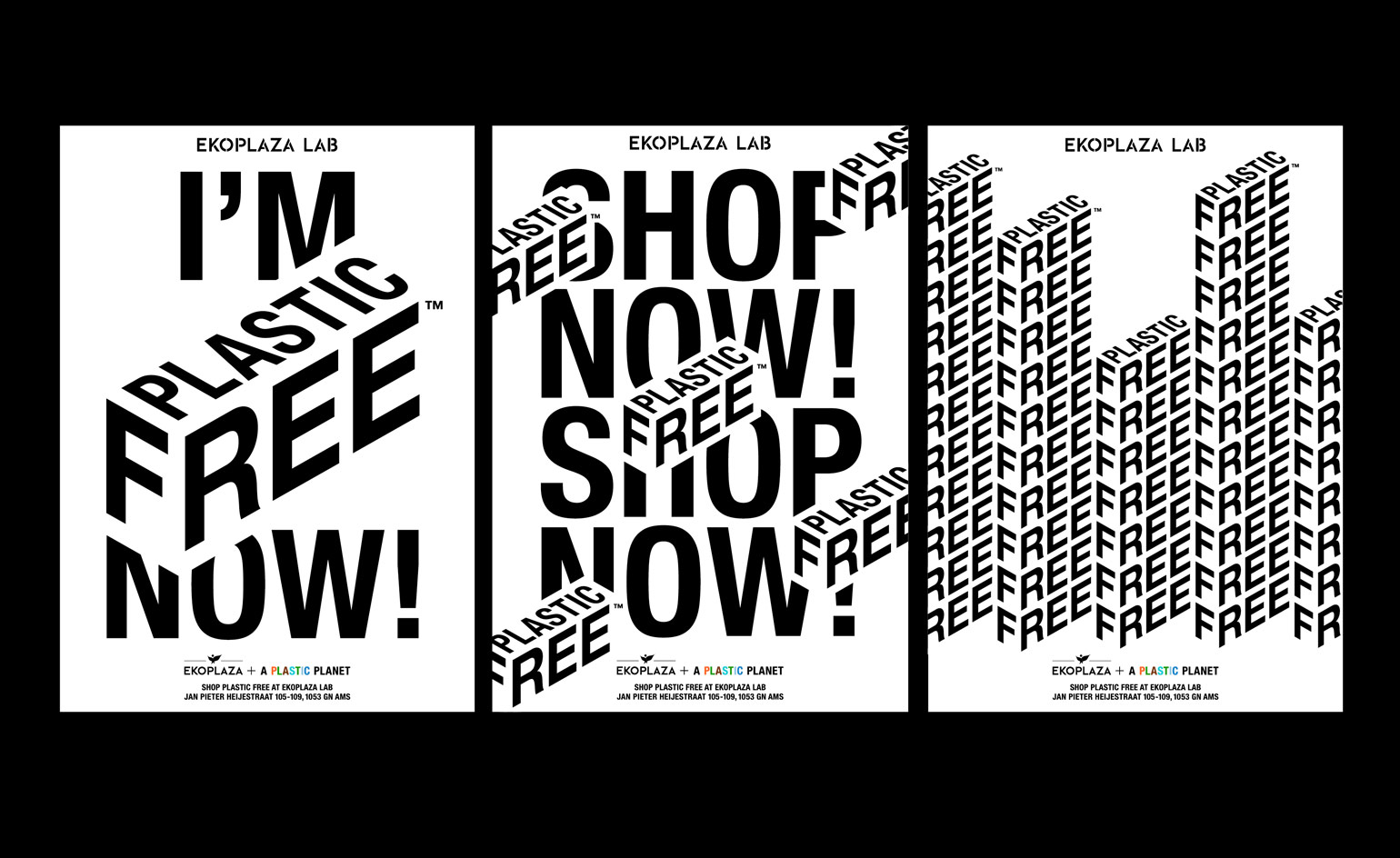 Meet the designer-activists using graphics to fight supermarket plastics
Meet the designer-activists using graphics to fight supermarket plasticsBy Jonathan Bell